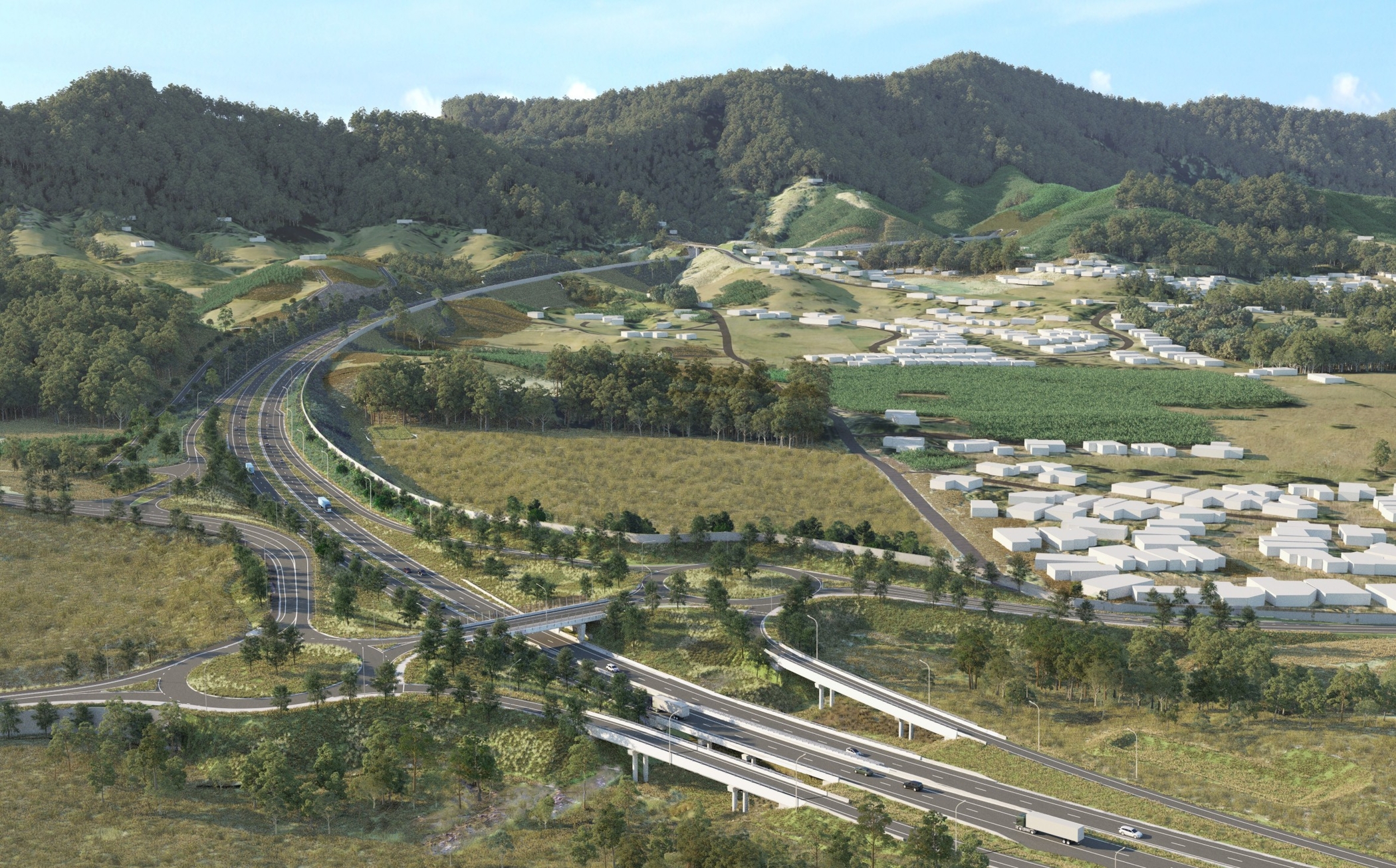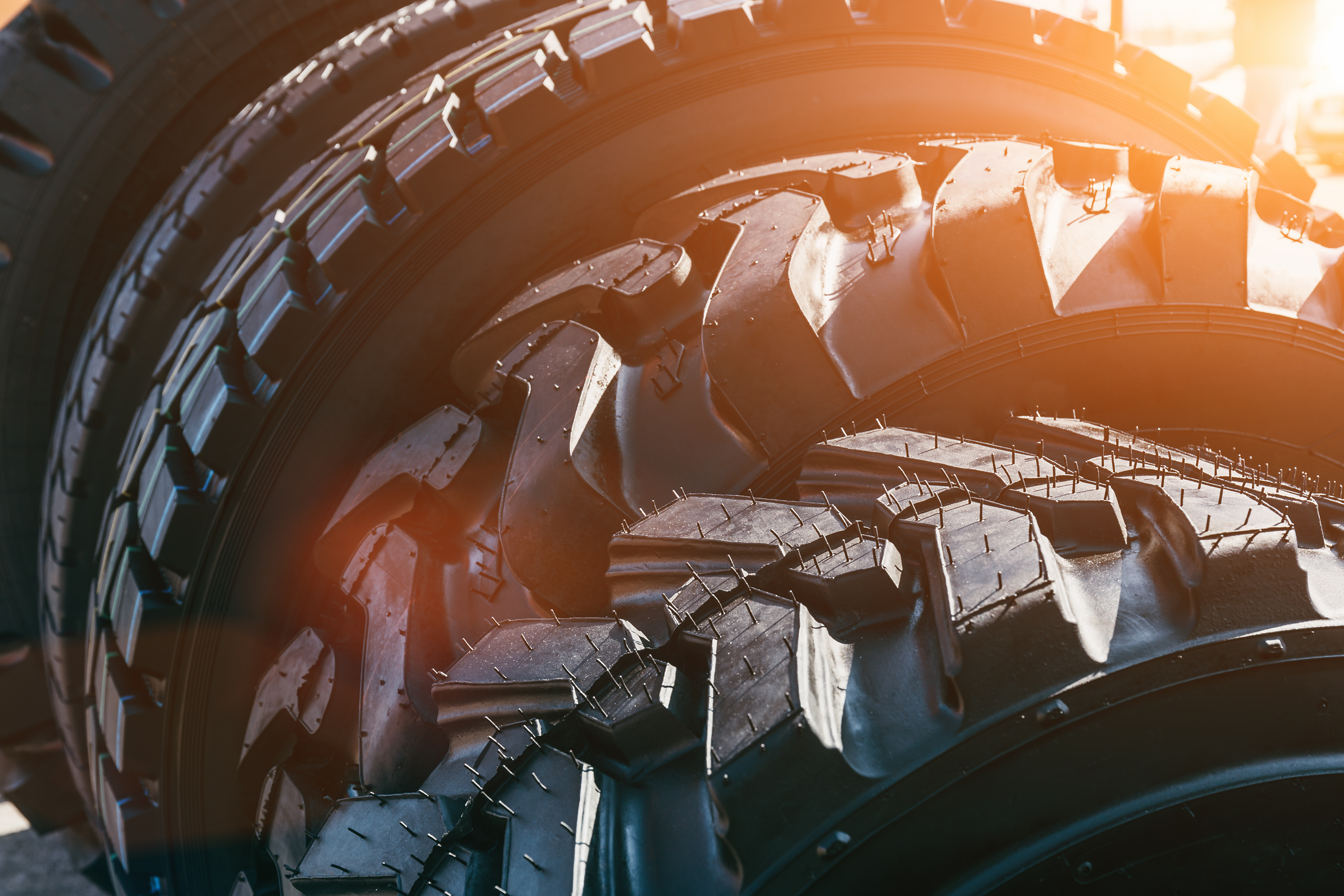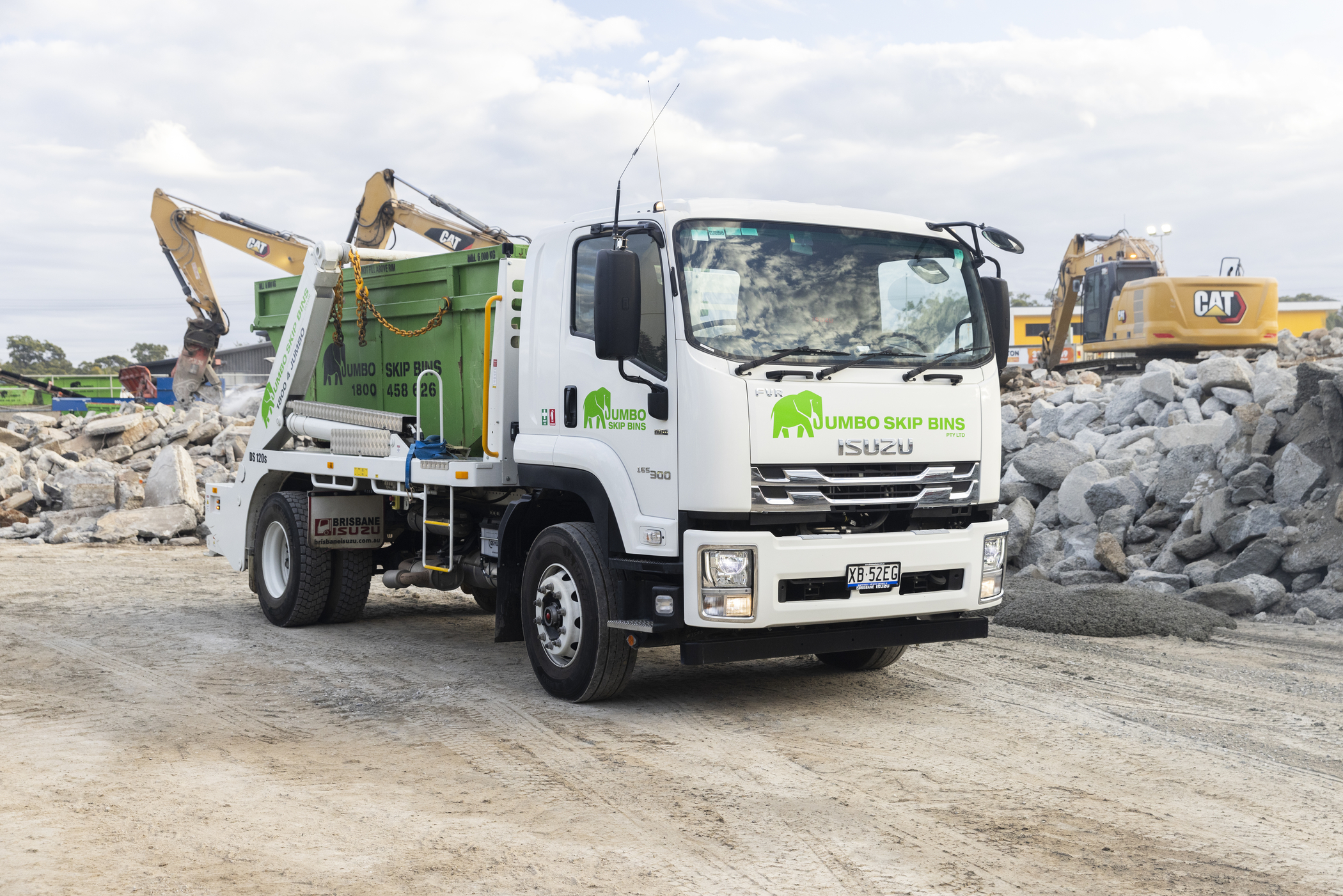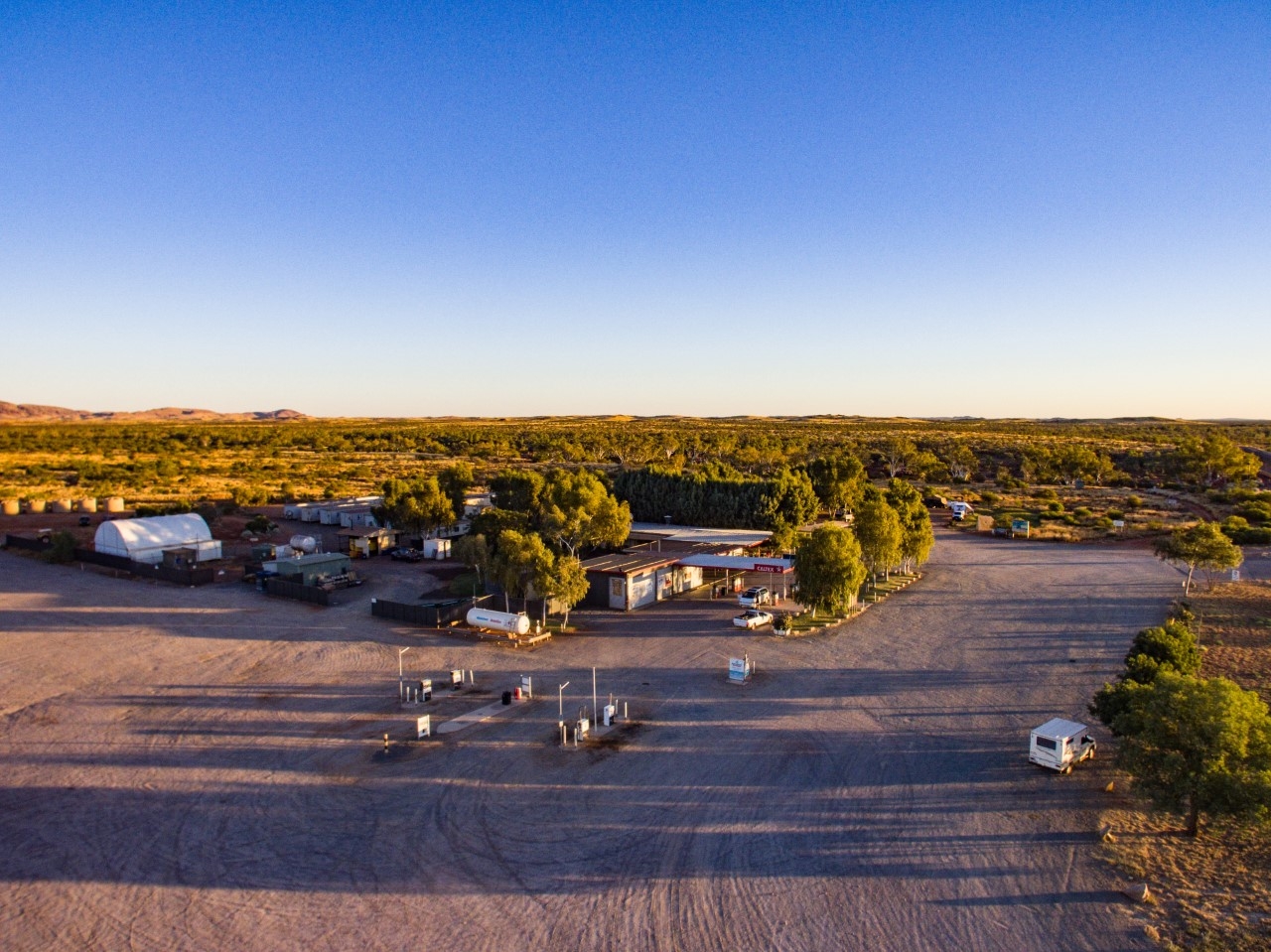I'VE FOUND A ROO, WHAT DO I DO? HANDLING INJURED ANIMALS ON THE ROAD
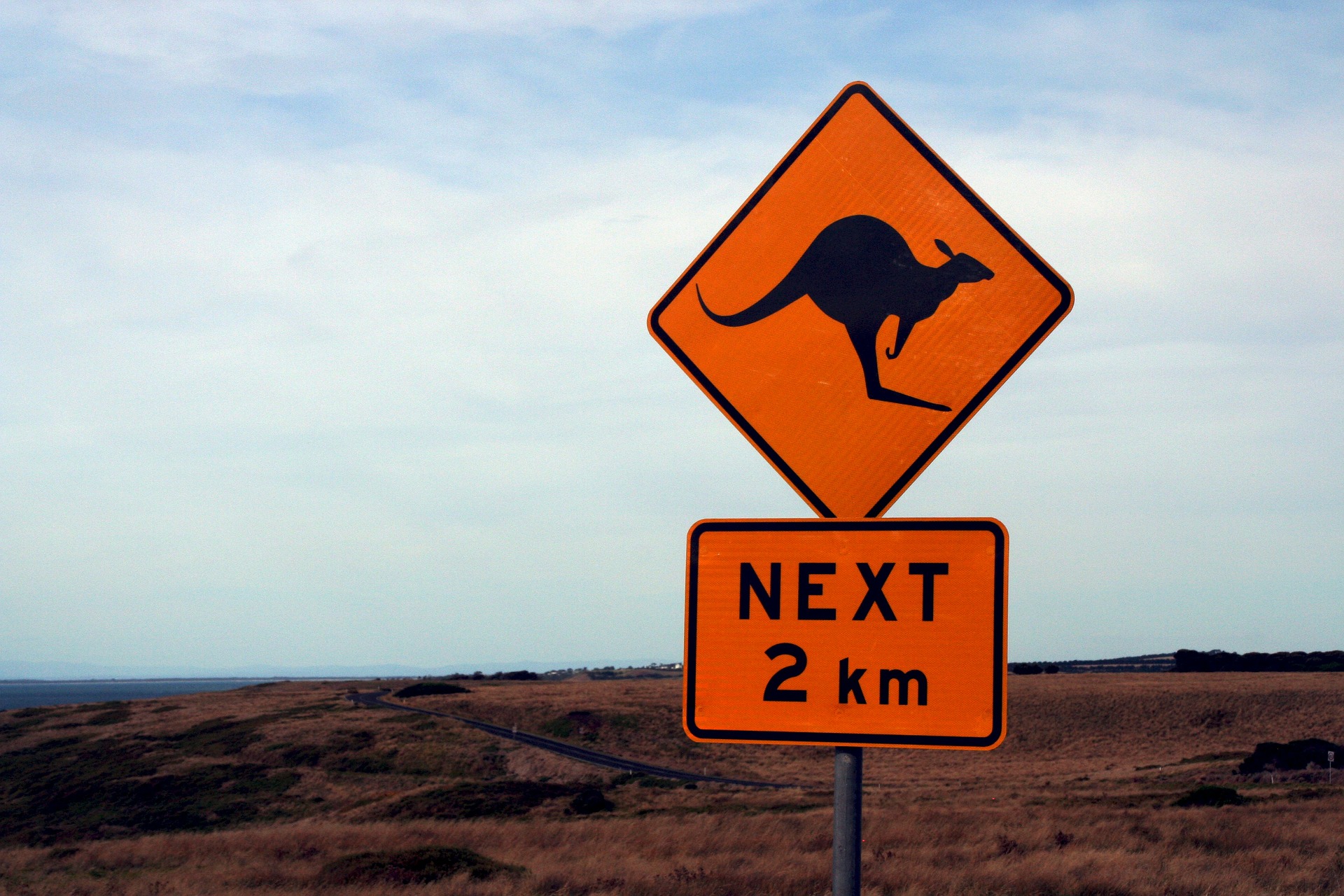
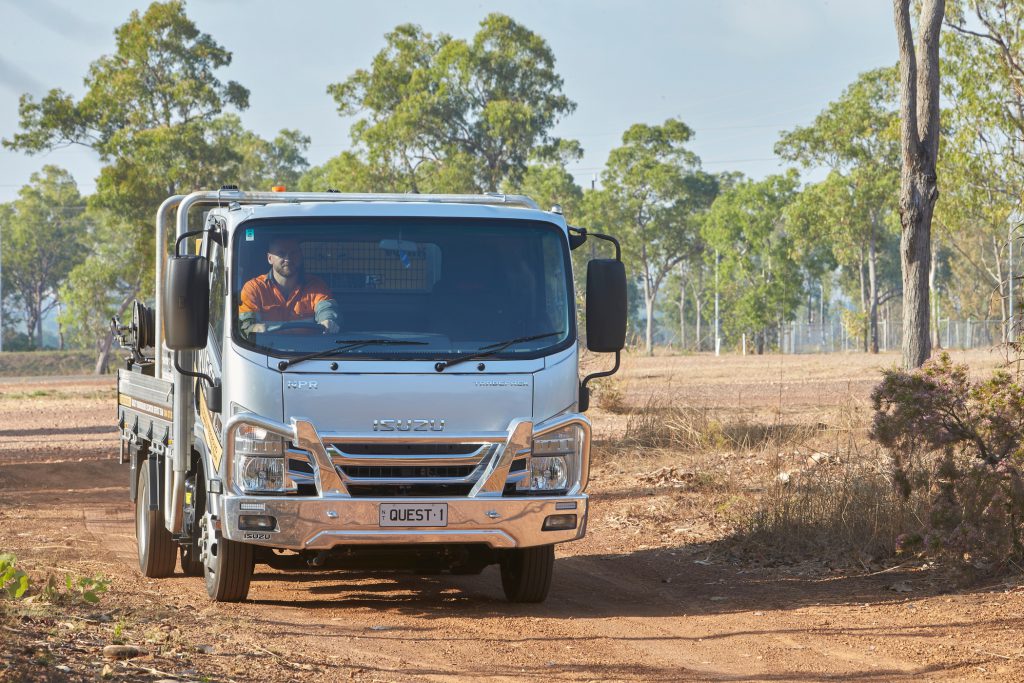
Stopping to assess – safety first
Pull over in a safe spot where you will not obstruct oncoming traffic and turn on your hazard lights. Ensure that there are no cars on the road before you exit your vehicle. If the animal is in the middle of the road, near the edge of a cliff or is inaccessible, don’t put your own safety in jeopardy—leave it to the experts and call it in (scroll down for a list of handy numbers to keep in your phone).Determine if the animal is alive or dangerous
Never touch potentially dangerous animals such as snakes, bats or large kangaroos unless you have specialised training. If a dangerous animal is still breathing but not threatening, do not attempt to treat or move it on your own. Injured animals may be more aggressive and inclined to bite to defend themselves when wounded. If you find a dead roo or other native marsupial (like a wallaby, wombat, koala or sugar glider) remember to check if there are any joeys in the pouch. Joeys can survive up to five days after a mother has died and have a good chance of survival with experienced wildlife carers.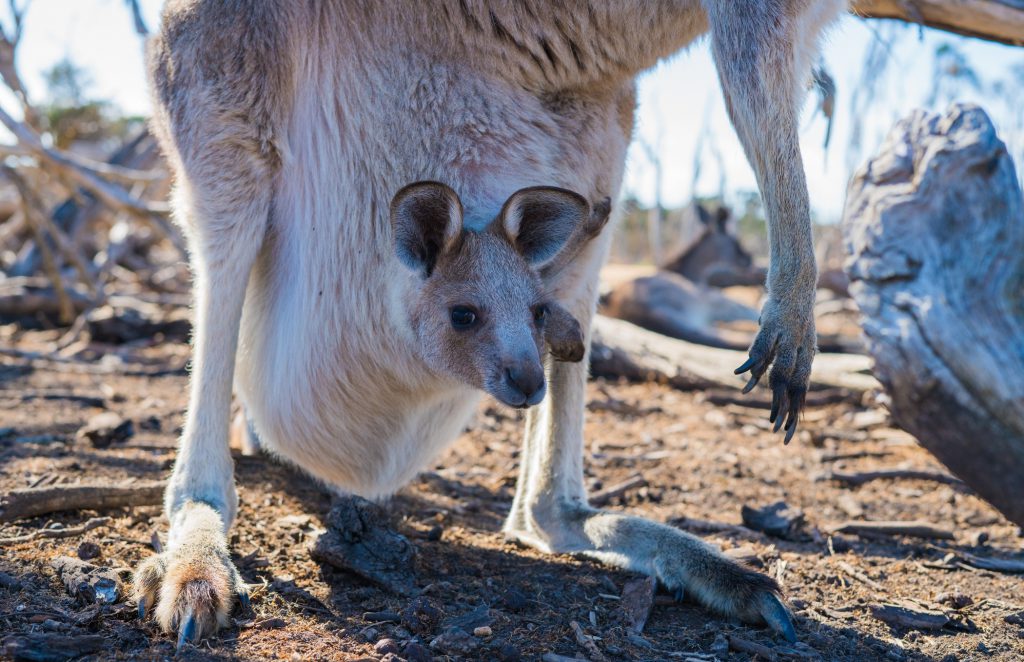 And remember! Clean and sanitise your hands if you’ve come into physical contact with any animal, whether it’s wild or domestic.
And remember! Clean and sanitise your hands if you’ve come into physical contact with any animal, whether it’s wild or domestic.
Contact the right authority
If you’ve found wildlife that’s injured or that might have a joey in pouch, contact a wildlife rescuer on one of the national or state-specific number provided below. If the animal is a domestic pet or livestock animal, it’s best to contact the relevant local council or local vet. To report a dead animal, you can call the local council or road authority to inform them of the location. If you come across an animal that might be a danger to other people—in the middle of the road or acting unpredictably—it’s best to call the police on triple zero (000).Provide an accurate location
The wildlife rescuer, local council or road authority will all require your location to be of any assistance. If you are in a remote area, a handy tip is to find the closest power pole. In many locations across Australia, power poles have unique numbers that could help the authority accurately pinpoint your location. Alternatively, here’s a quick guide on how to get GPS coordinates of your location using your Smartphone.Keep the animal comfortable
In the case of wildlife, if the animal does not appear to be dangerous or aggressive and you are comfortable with some minimal handling, you could move it to a safer location or covered area until the authorities arrive. According to Australian Fauna Care, if the animal is distressed, it may help to cover it with a towel or a blanket for warmth and to reduce visual stimuli. Do not offer the animal food. If you offer water, do not pour the water from a bottle directly into an animal’s mouth. Find a shallow container or other vessel that it can drink from.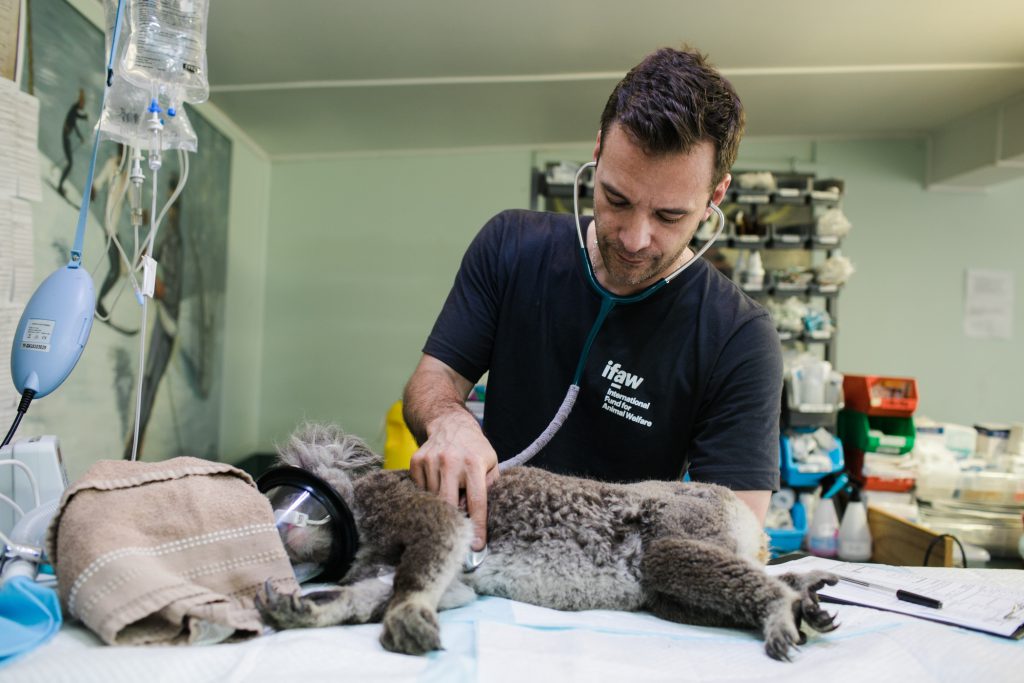
If possible, stay until help arrives
It can be hard to leave an injured animal, but it’s important not to attempt to transport an unconstrained animal in your vehicle. According to Australian Fauna Care, it is illegal to hold native animals (even if you are trying to help an injured one) without a license in most states. If it is not possible to stay with the animal until help arrives, let the wildlife rescuer, council or vet where to look for the animal on the road. Whether you find the animal dead or alive, your intervention could be the one thing that makes a difference—to a life and to the safety of other road users.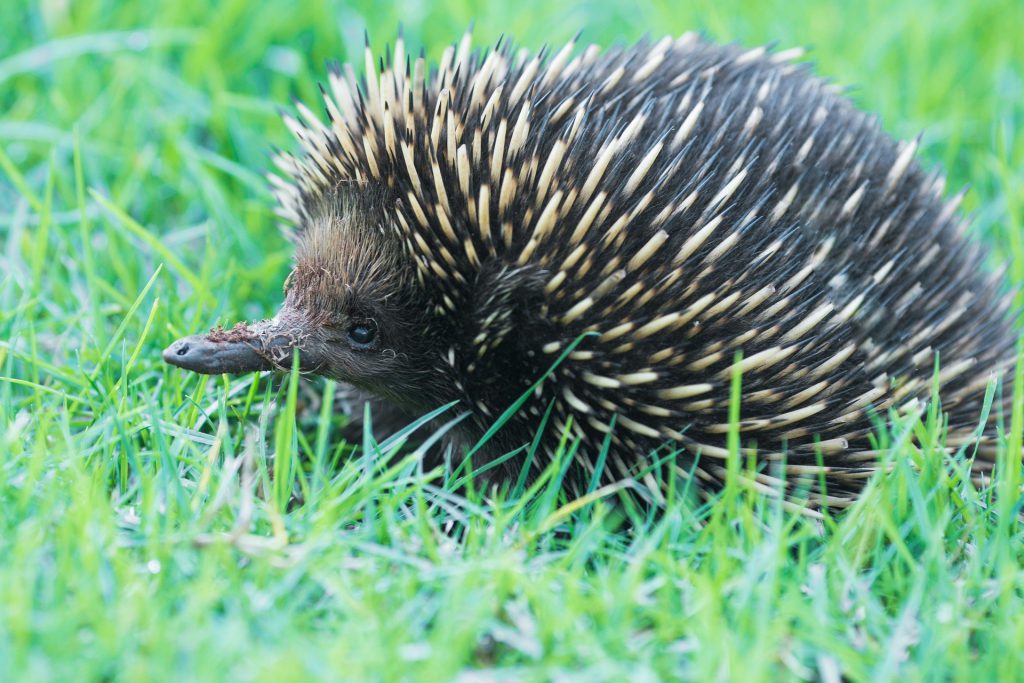
Numbers for Nationwide Wildlife Rescuers
There are numerous options for reporting injured wildlife via phone or app, or to get further advice on what to do.- Wildlife Rescue Australia 24-hour call centre: 1300 596 457
- DELWP Wildlife Emergencies hotline: 136 186
- Download the IFAW’s Wildlife Rescue App for your phone here
State-specific contacts
Victoria
- Wildlife Victoria at wildlifevictoria.org.auor on 03 8400 7300
New South Wales
- WIRES (Wildlife Information Rescue and Education Service) at wires.org.auon 1300 094 737
- NSW Wildlife Council has a list of wildlife rescue groupsin NSW
South Australia
- RSPCA SA on 1300 477 722
- Fauna Rescue at faunarescue.org.auor on 08 8289 089
Western Australia
- Wildcare at dpaw.wa.gov.au/about-us/contact-us/wildcare-helplineor on 08 9474 9055
Australian Capital Territory
- RSPCA ACT atrspca-act.org.au/contact-injured-wildlife on (02) 6287 8100 (business hours)
- ACT Wildlife at actwildlife.neton 0432 300 033 (24 hours)
- For injured kangaroos call 13 22 81
Queensland
- RSPCA Queensland at rspcaqld.org.au/what-we-do/care-for-animals/wildlife-hospitalor on 1300 264 625
- Wildcare Australia at org.auor on 07 5527 244
Northern Territory
- Wildcare at com.auor 08 89 886 121 or 0408 885 341
- Ark Aid atcom/wildlife-rescue
- Northern Territory Government at gov.au/environment/animals/report-injured-wildlife-or-rescue
Tasmania
- Wildlife Management Branch at tas.gov.au/wildlife-managementor on 1300 827 727



Playtime’s over, get $3,500* to spend on extras.
If you’re ready to get serious about tackling bigger jobs, grab yourself an NLR 45-150 AMT SWB Traypack from the Ready-to-Work range for $62,990 drive away*. And to prove we aren’t playing, buy any NLR Traypack before June 30 and you’ll get $3,500* to spend on genuine accessories or an Essentials service agreement.
Learn more
